All Products
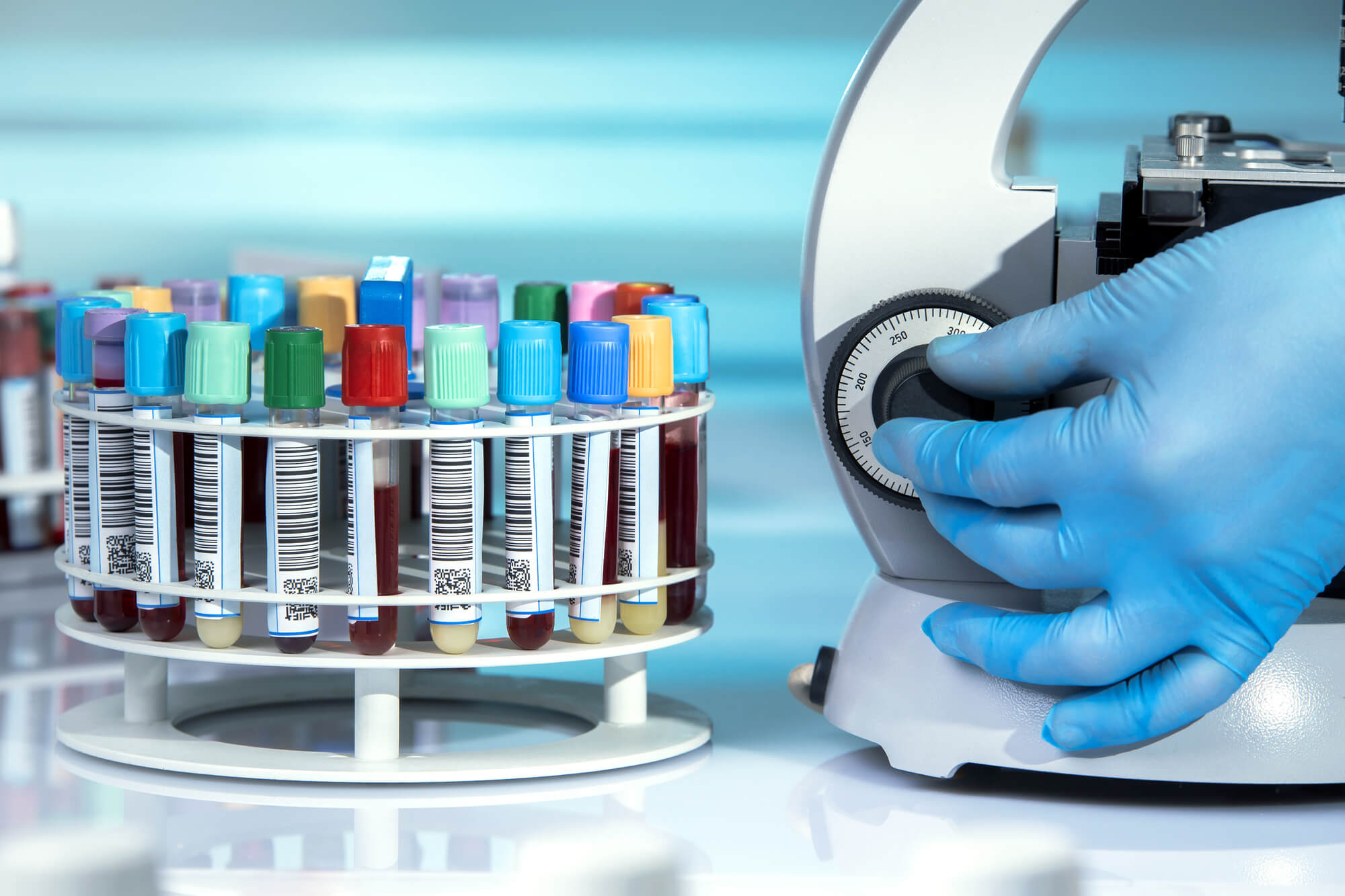
January 25, 2019
Measure for Measure: What is Calibration and Why Is It Important for Your Lab?
The word “calibrate” dates back only a couple hundred years, but the concept of calibration is actually far older. Ancient Egypt and Mesopotamia had their own systems of calibration that they used in construction. Today, calibration is often used in research labs to ensure accurate data. But what is calibration, how does it work, and why does
Read More
January 18, 2019
Everything You Need to Know About Over-the-Air Updates
In 2017, it was estimated that more than 9 billion Wi-Fi-enabled devices were in use. That’s more than one device for every person on the planet, including children and babies. And the number has only grown since that time. Whilst easy access to Wi-Fi has made our browsing habits much easier to satisfy, it has also had a
Read More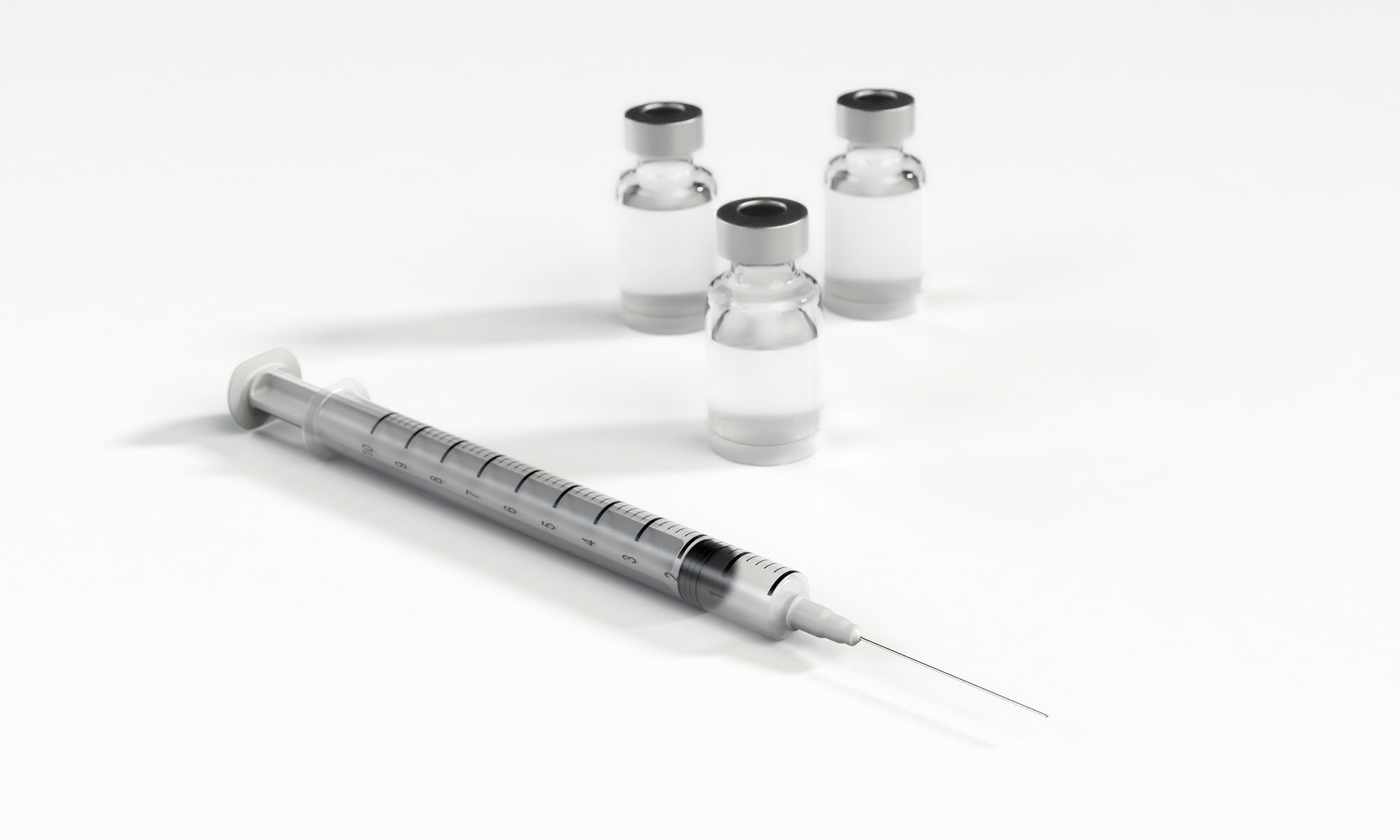
January 11, 2019
VFC Data Loggers: Are Your Data Loggers VFC-Compliant?
In 2017, the Centers for Disease Control and Prevention (CDC) changed the vaccine storage requirements for Vaccines for Children (VFC) program providers. The reason behind this change is clear. Review and access to temperature logs are critical. Without them, you cannot determine whether vaccines are at the correct temperature. Proper data logs are also essential for assessing
Read More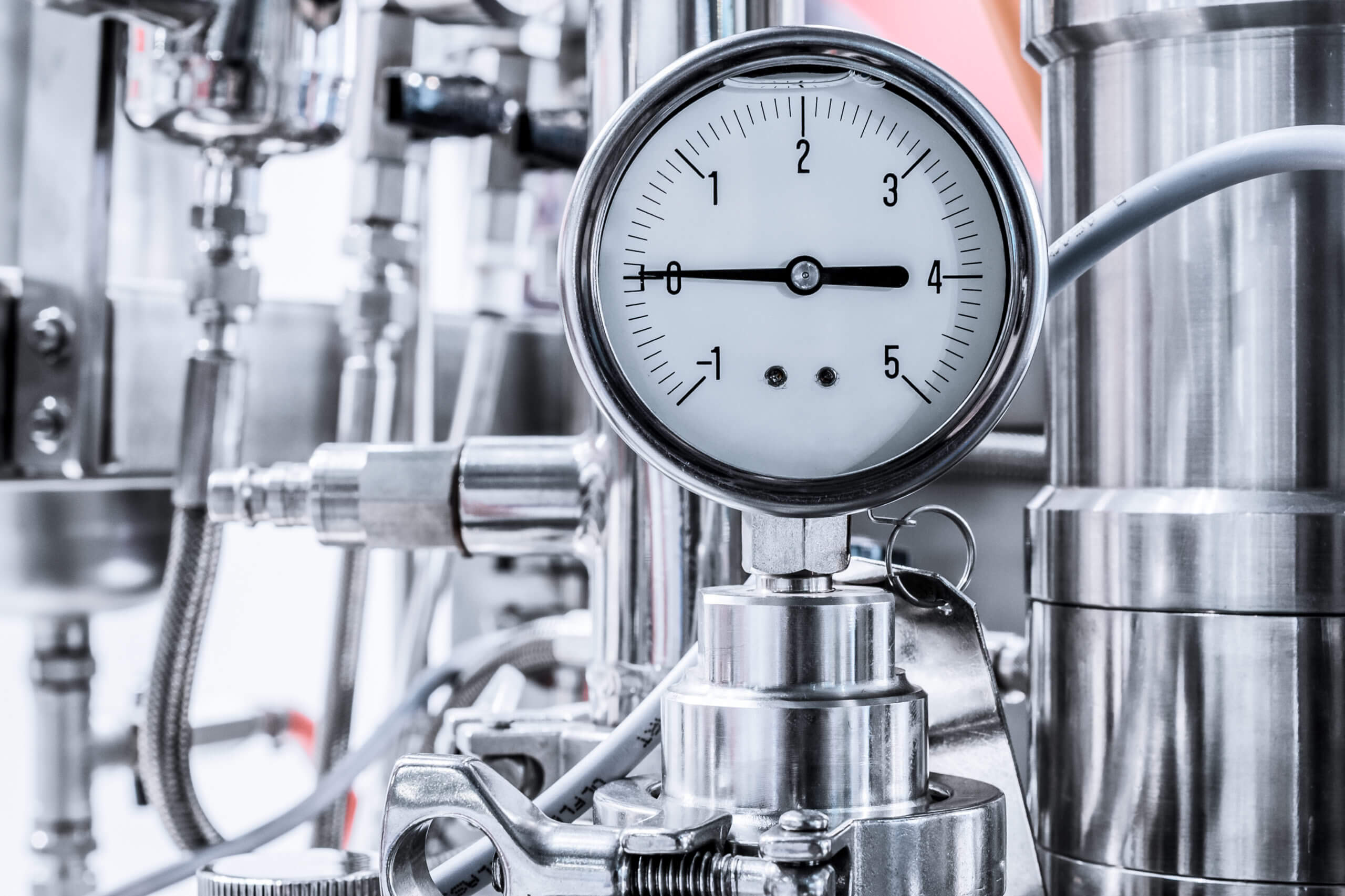
January 4, 2019
Your Guide to Choosing an Instrument Calibration Services Provider
As someone who works in a controlled lab, you appreciate the attention to detail. Running your daily operations is a matter of accuracy and efficiency. When you consider outsourcing for instrument calibration, you know to take the matter seriously. You need to hire an instrument calibration provider you can truly trust. Certifications in calibration services are only part
Read More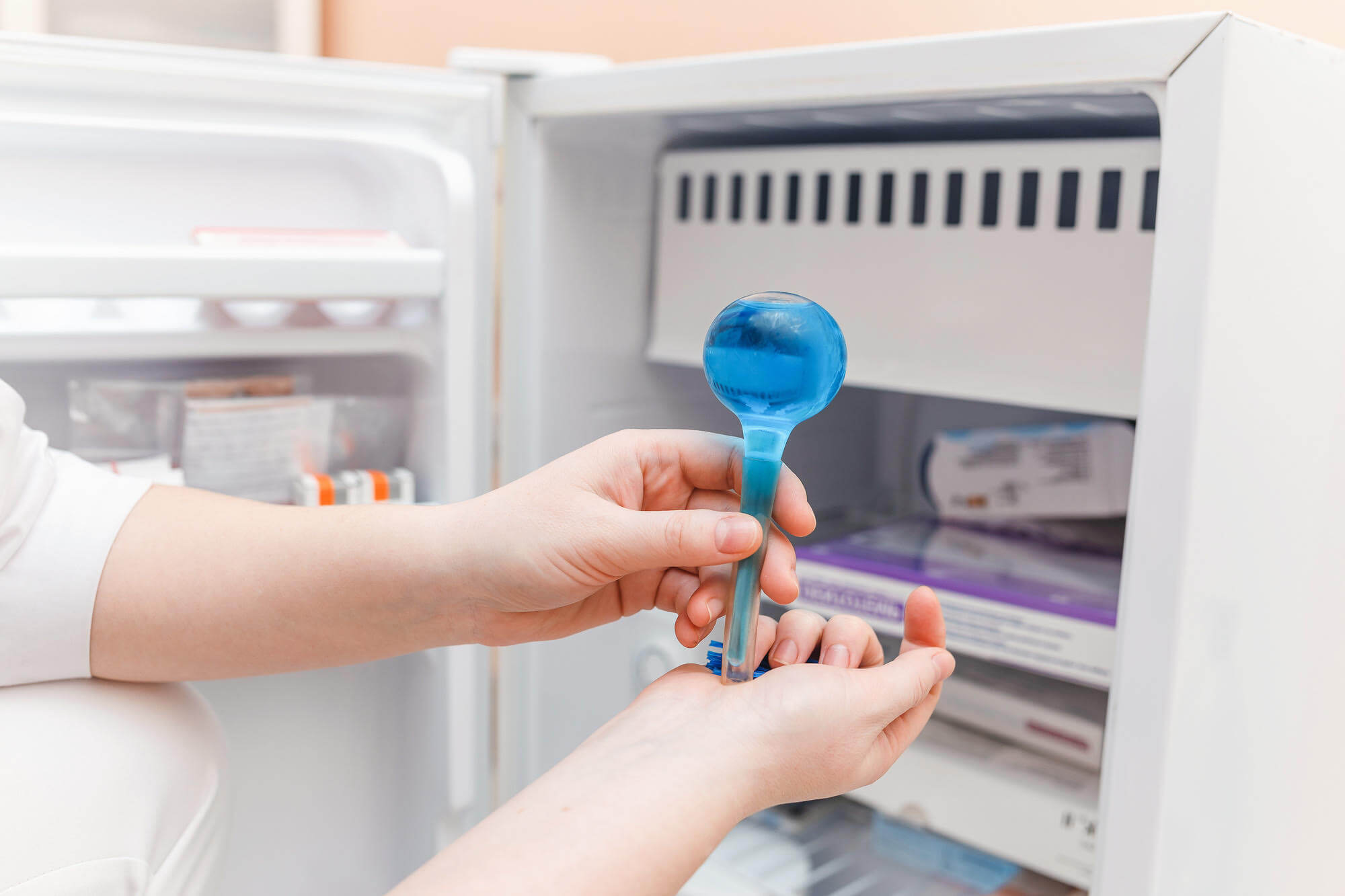
December 28, 2018
A Guide to Safe Medical and Lab Refrigeration Storage
Refrigeration revolutionized modern life. However, this innovation meant much more than keeping milk and meat from spoiling. Modern refrigeration has also allowed for great changes in the medical industry. Today, medical laboratories almost always use some kind of refrigeration. This allows for the storage of samples, as well as reagents and other tools used in
Read More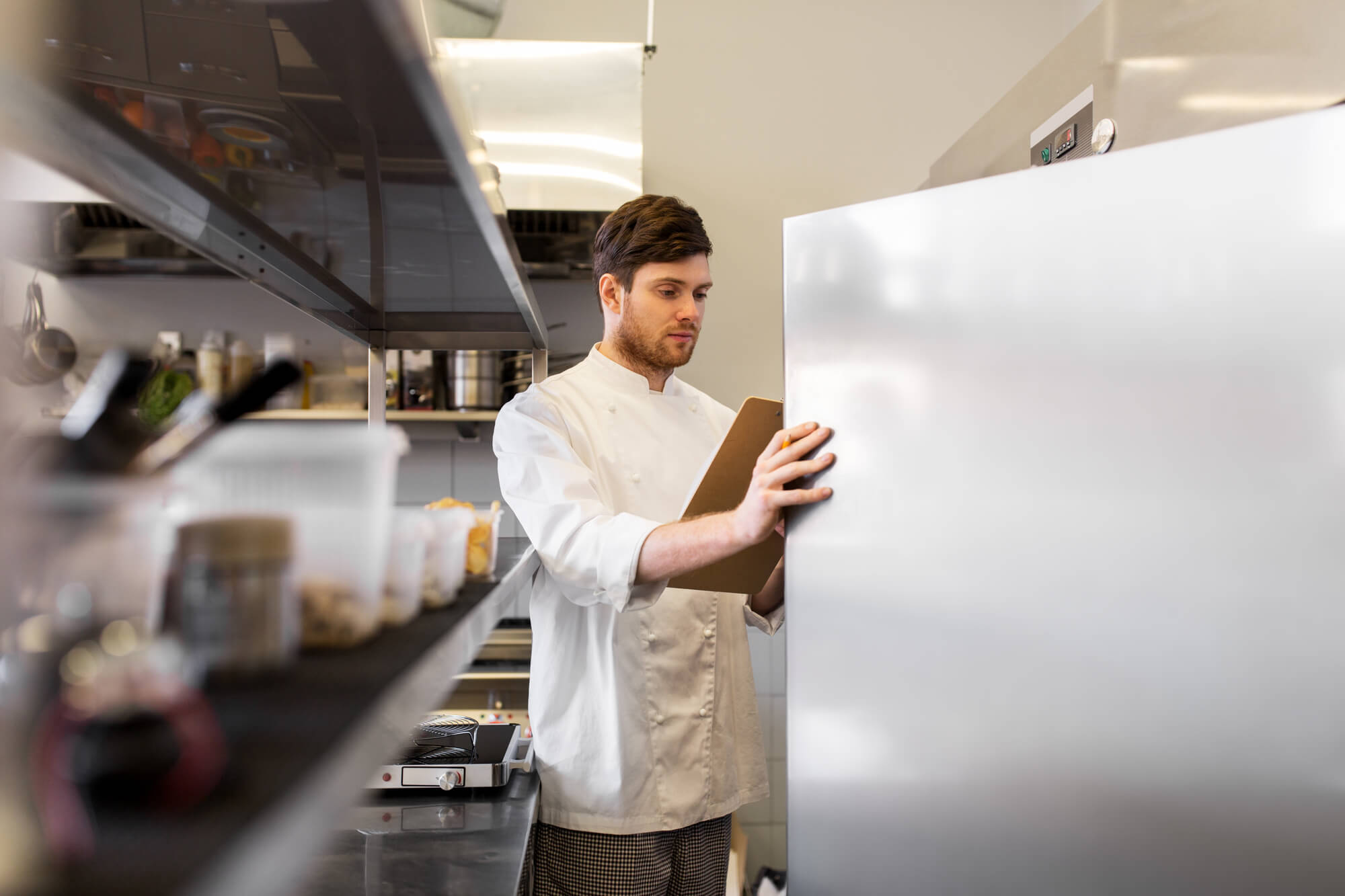
December 21, 2018
Using a Wireless Temperature Monitoring System For Your Restaurant
Talk to anyone who knows anything about food and they’ll tell you that bacteria can run wild between 40° and 140°. If you leave your food within this threshold, there’s no telling what can happen to it or what you’ll end up serving customers. You need a wireless temperature monitoring system to ensure that you keep
Read More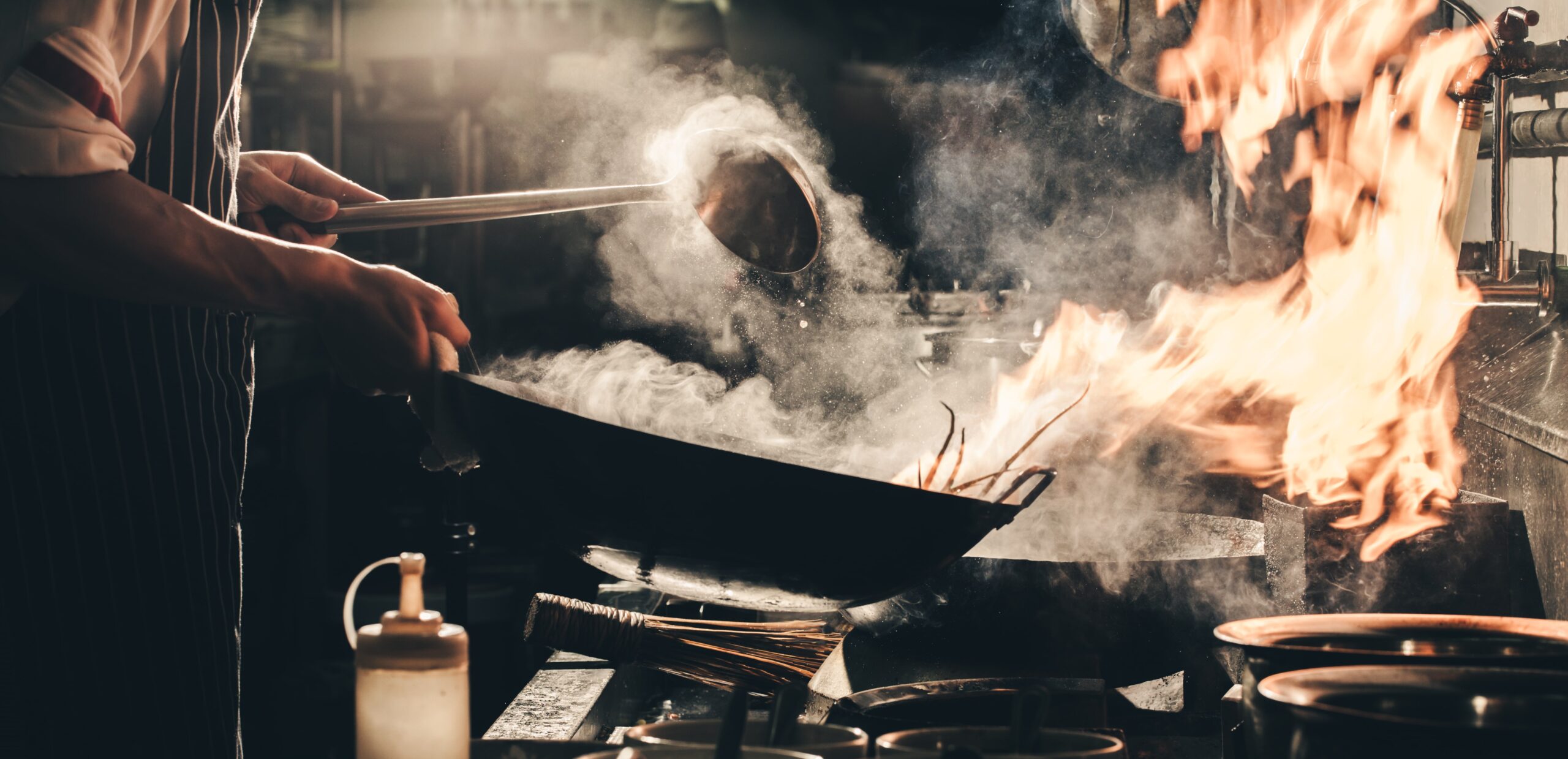
December 14, 2018
How to Build Your HACCP Plan
Almost 50 million people in the U.S. get sick with food poisoning each year, and 3,000 people actually die from it. However, you can help prevent food poisoning in your industry, and a HACCP plan can help. With these plans, every step from production to finished product is covered. Forming a plan ensures that your team is all
Read More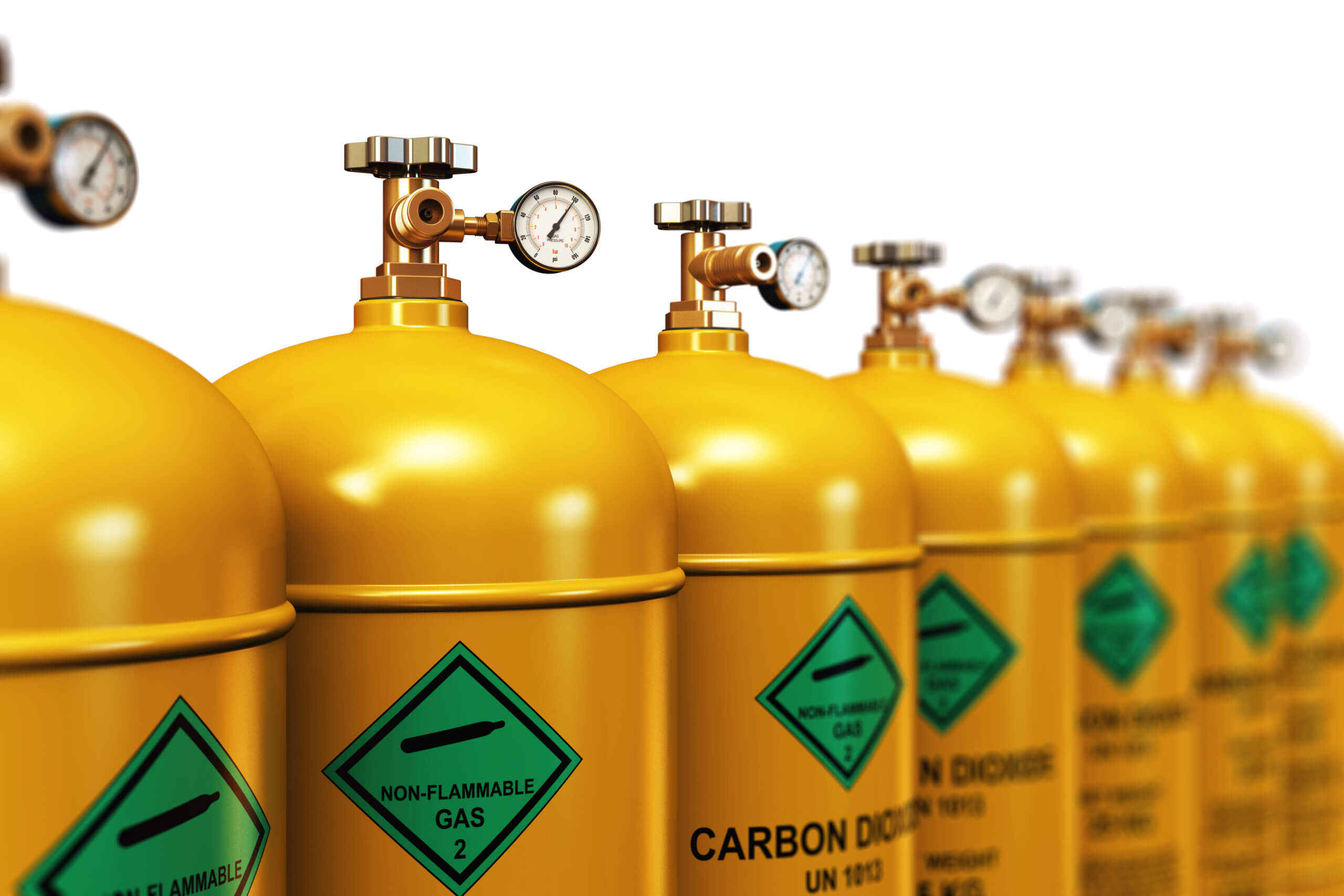
December 7, 2018
Are You Using the Right Carbon Dioxide Monitor for Your Work Environment?
Many people are well aware of the dangers of carbon monoxide poisoning. This type of poisoning causes about 430 deaths in the U.S. per year, on average. Fortunately, many homes and businesses now have carbon monoxide monitors to prevent this problem. However, far fewer people are aware of the need for a carbon dioxide monitor. Carbon dioxide
Read More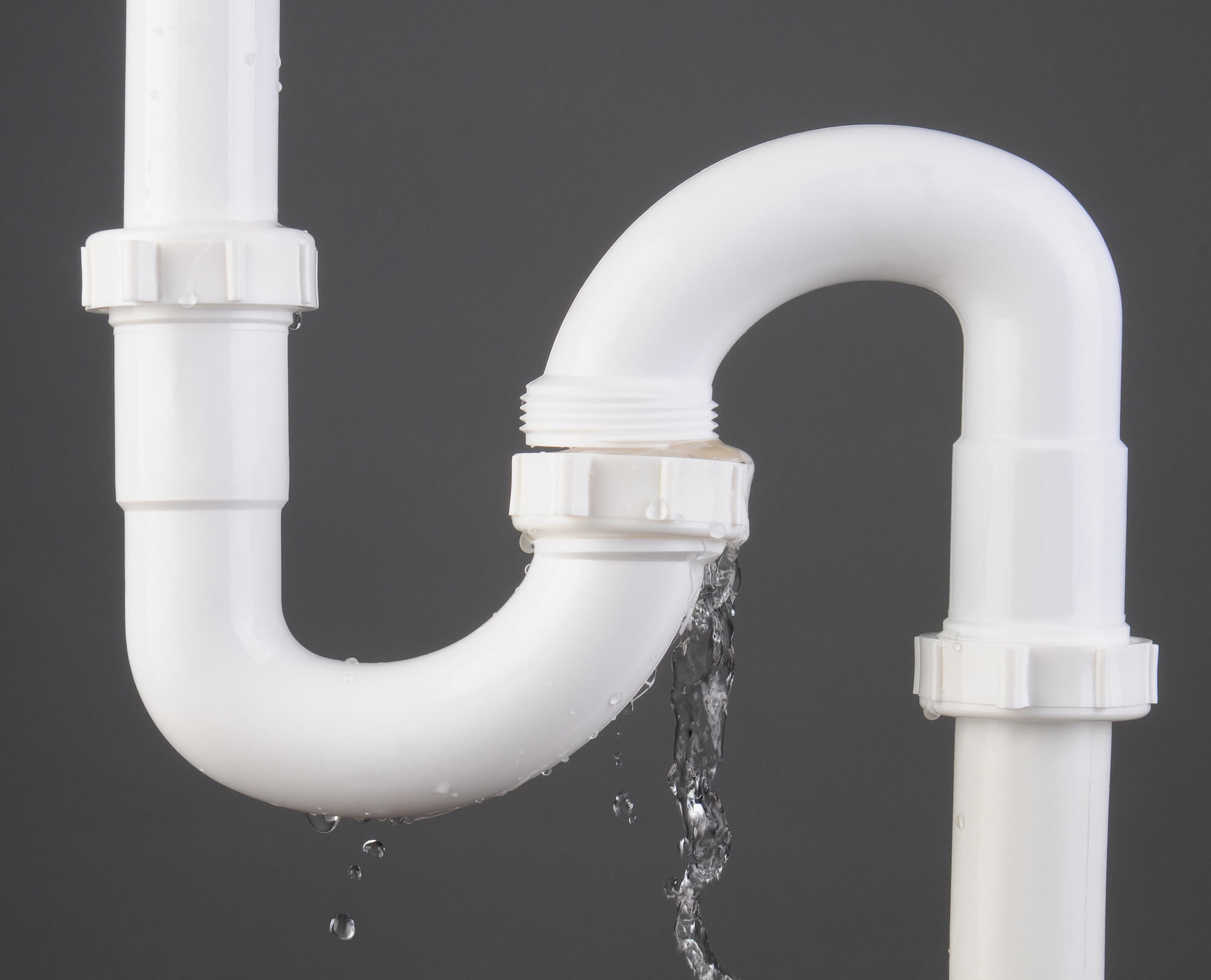
November 30, 2018
Water Leak Sensor: What It Is and How to Use It in Your Lab
With the average cost of fixing a water leak now hovering around $2,500, water damage to your lab is going to cost you much more than a residential leak. It’ll be a lot of work, even if you get someone like ServiceMaster Restoration by Zaba to help with the repairs. With the amount of equipment and research you’re
Read More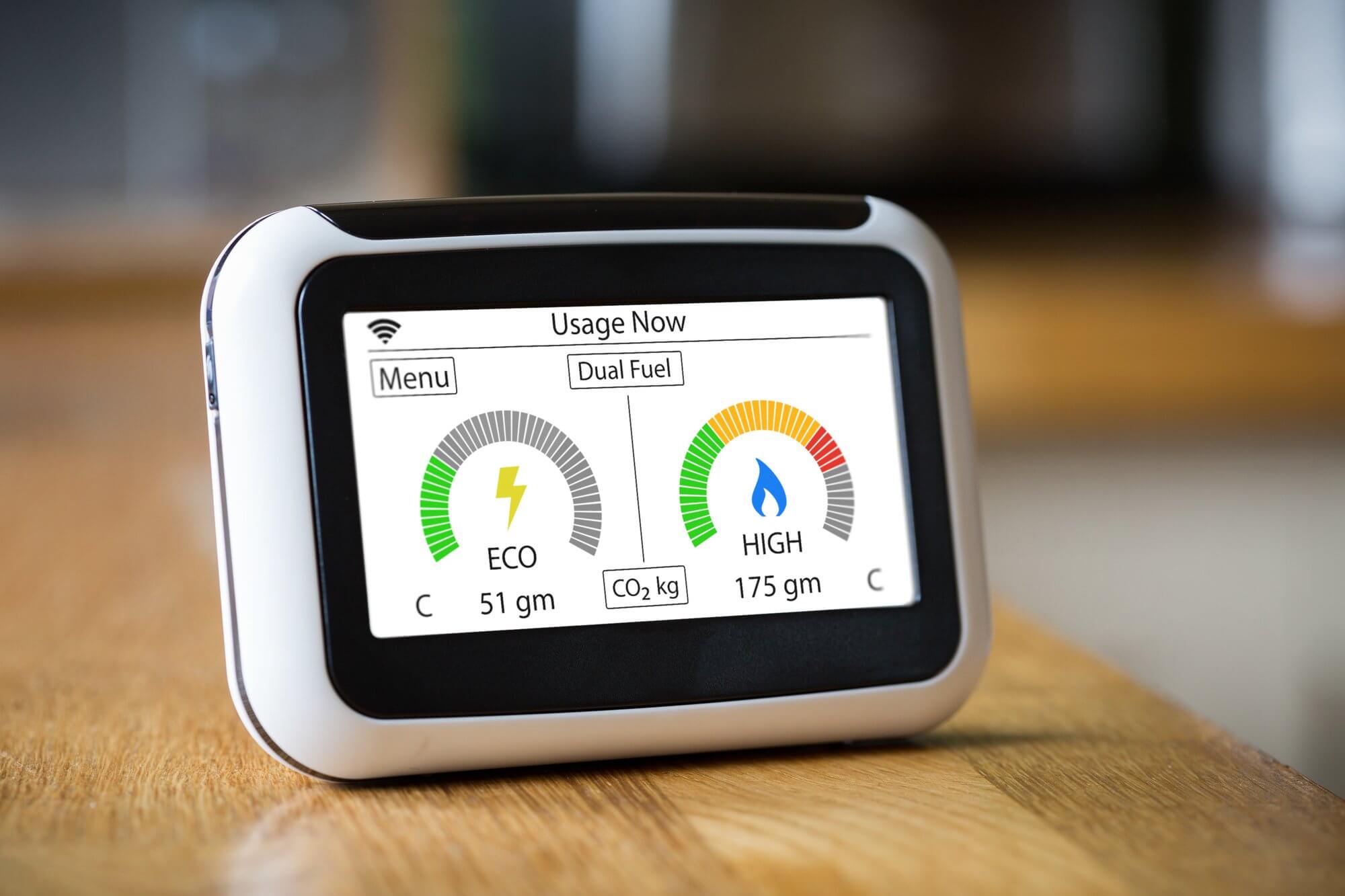
November 16, 2018
How a CO2 Monitor Can Ensure Your Lab is Safe and FDA Compliant
Having high levels of carbon dioxide (CO2) in your laboratory can be potentially life-threatening for your employees if the proper precautions aren’t taken. Monitoring CO2 levels in your lab is essential in ensuring the quality of your product while maintaining FDA compliance. Fortunately, CO2 monitors are designed to keep your technicians and products safe. If you aren’t sure what
Read More